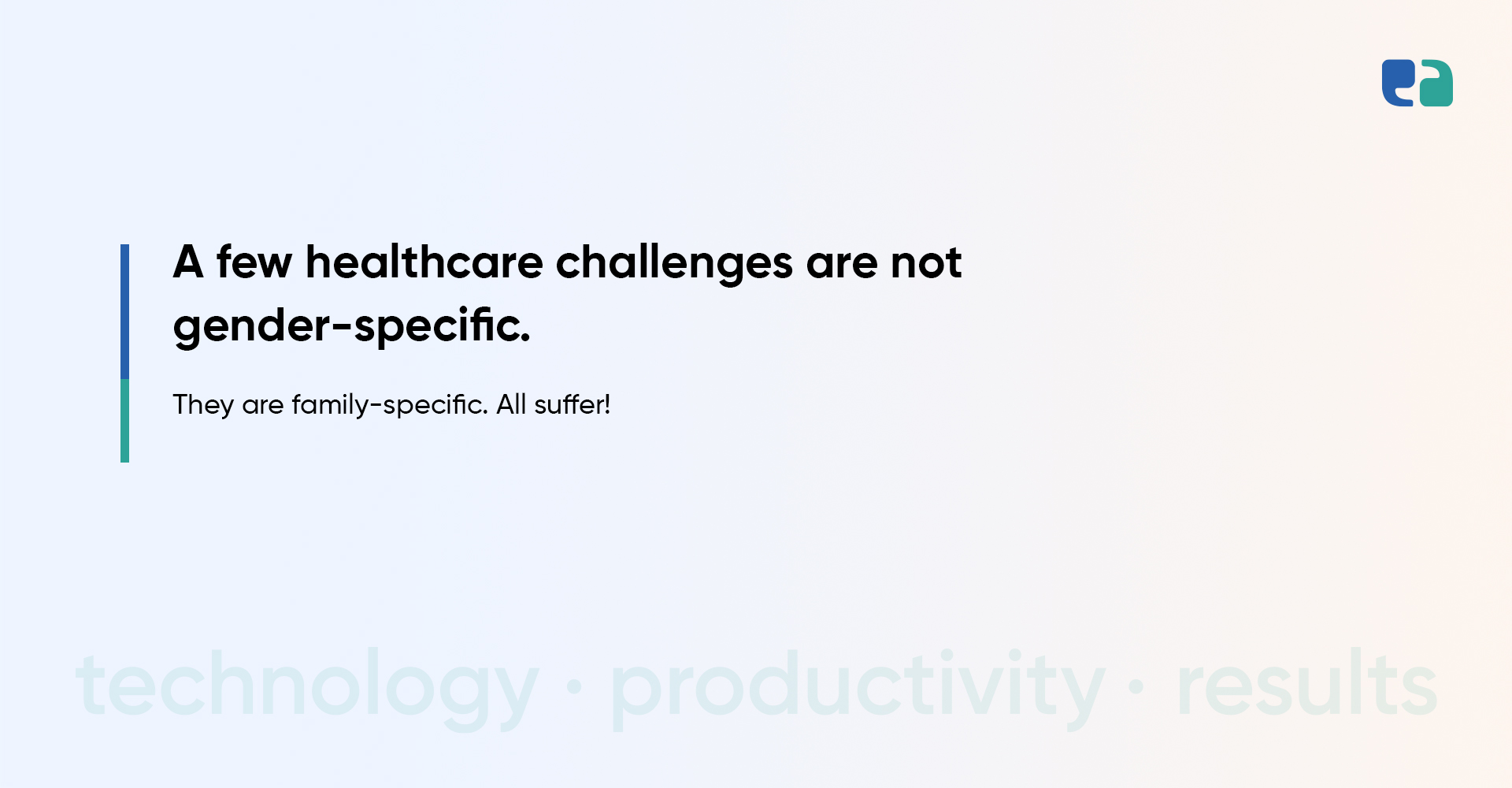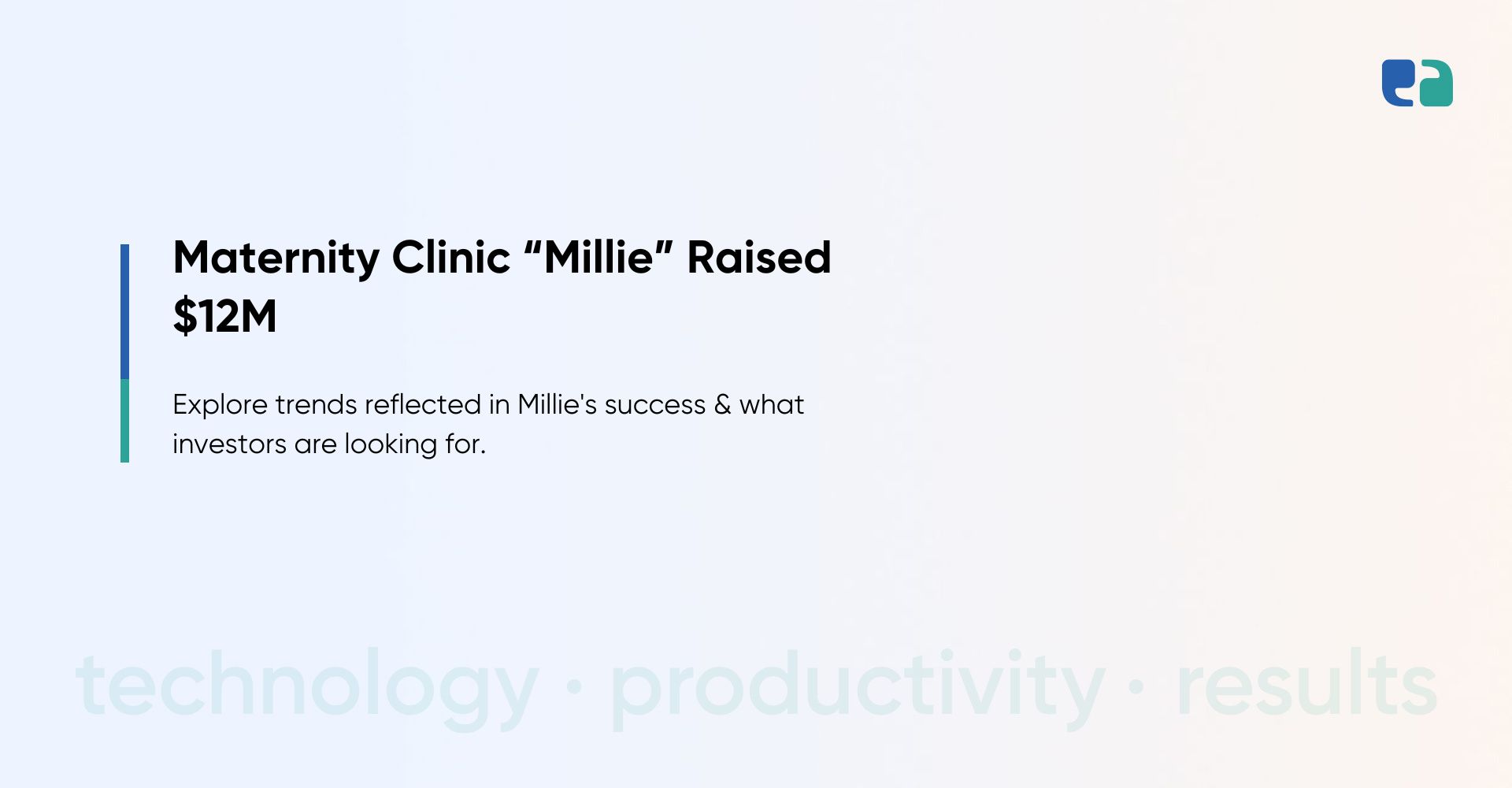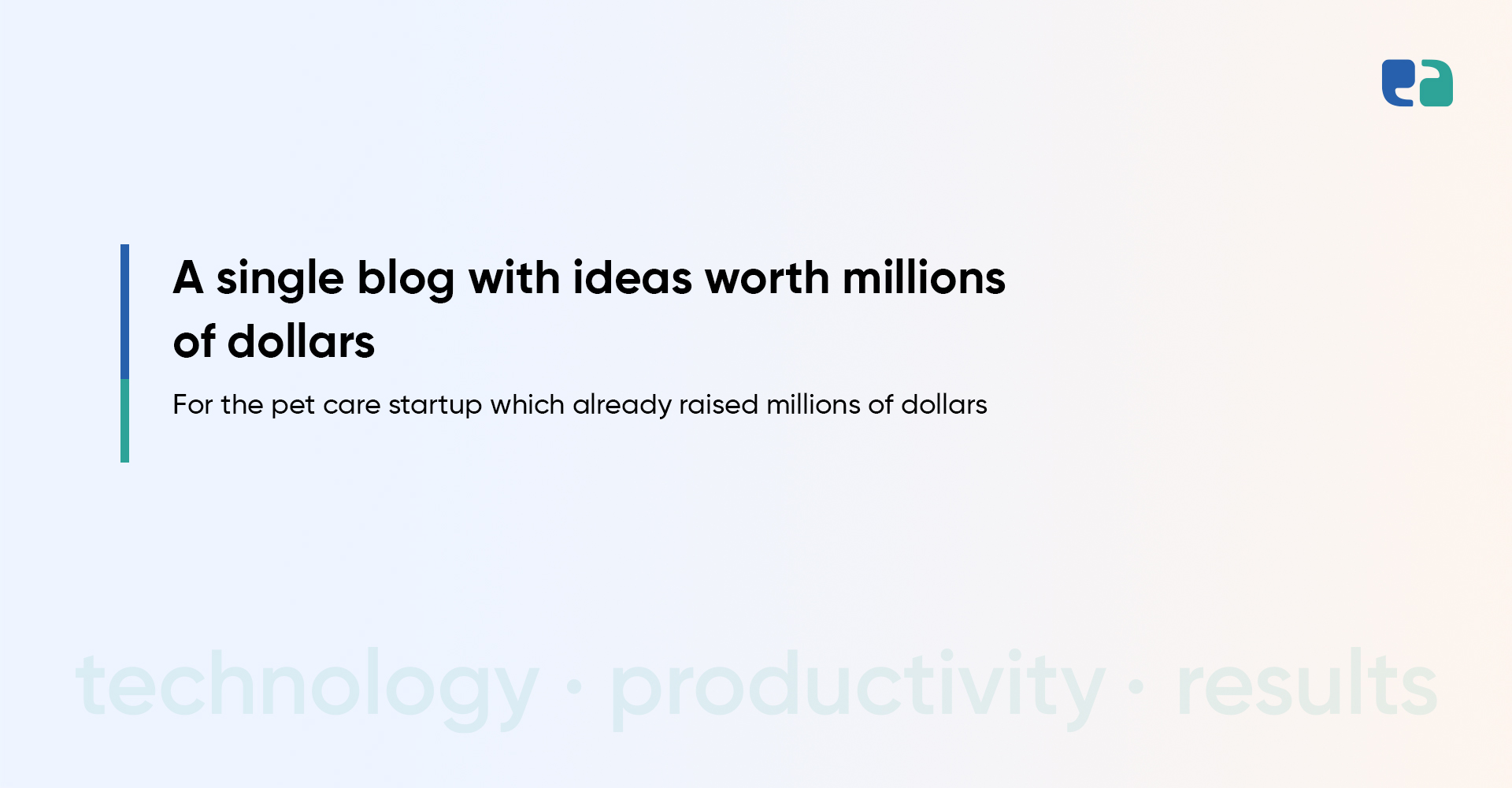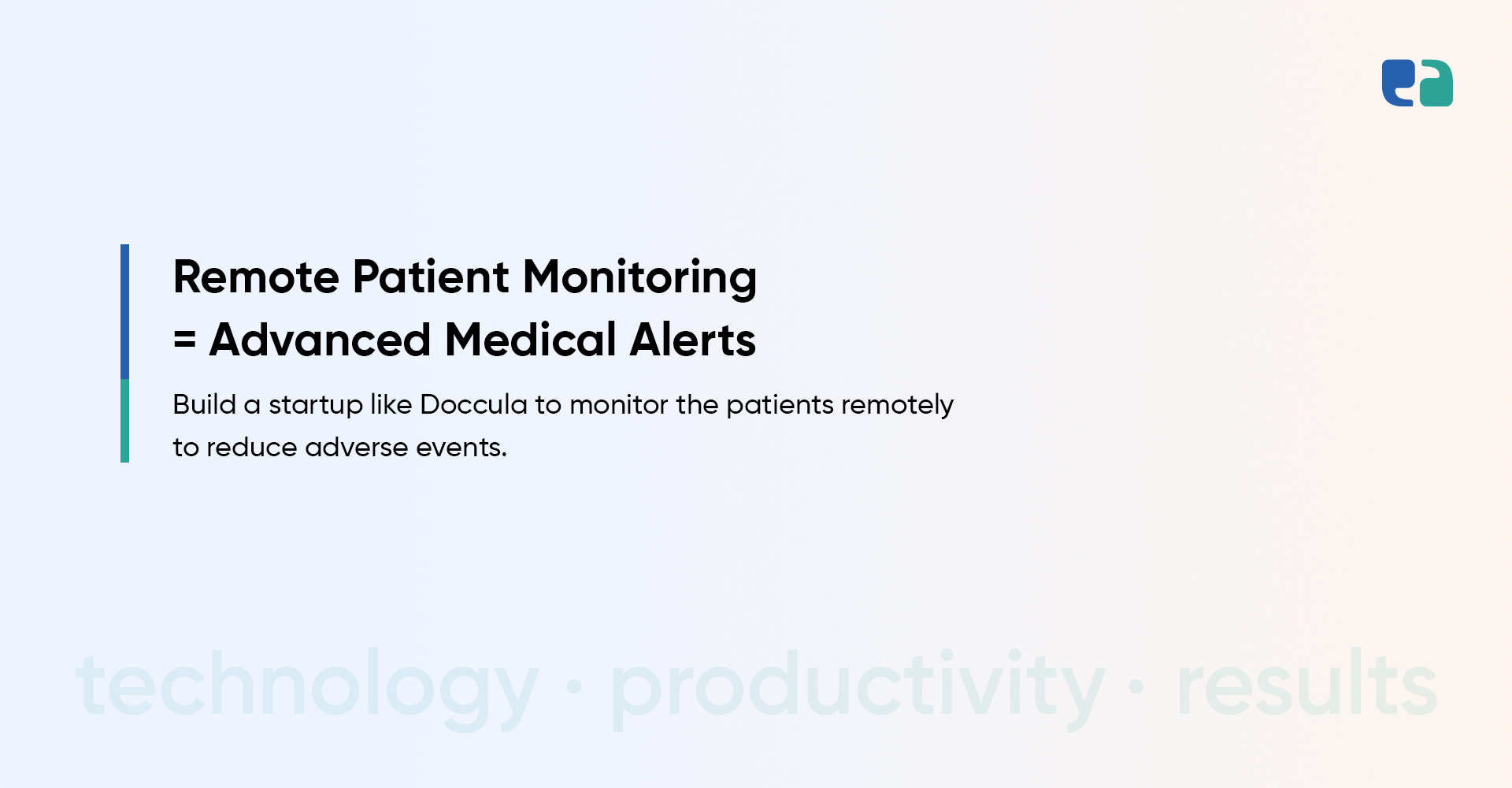The problems HHS and Hannah Life have identified
Almost every couple experiences two very common situations in their lives – one is family planning and the other is conception.
Interestingly, both these situations are interconnected as family planning in most cases turns out to be conception sooner or later.
However, things do not go pretty straightforward for the majority of couples.
First, they struggle with family planning as they lack proper knowledge and access to birth control methods.
And later when they decide to become parents, they realize unexplained fertility is physically and emotionally stressful.
This stressful journey inspired a couple to start a fertility startup named Hannah Life which recently raised $5.15 million in pre-Series A round.
And lack of family planning knowledge and poor access to birth control methods inspired HHS (United States Department of Health and Human Services) to roll out $16.3 million of funds – that will expand telehealth for family planning infrastructure in US.
About telehealth for family planning fund launched by HHS
What’s this fund all about?
Xavier Becerra – HHS Secretary – stated in a statement, “Expanding telehealth at our nation’s Title X family planning clinics will help ensure all women and families have equitable access to this essential care.”
Thus, HHS announced that they will grant $16.3 million in grant funding to 31 Title X family planning grantees for a 12-month project period starting on May 15, 2022.
Why does it matter?
There are several Title X family planning clinics in the USA. (In case you are wondering, Title X is the federal grant family planning program that provides confidential and comprehensive family planning services to low-income and uninsured families in the USA).
Almost 190 million people leverage this program to receive breast and cervical cancer screening, contraceptive counselling and care & testing for sexually transmitted infections.
However, to further expand the reach of Title X family planning clinics while reducing unnecessary in-person patient visits and creating time for providers, HHS decides to aid a telehealth program for family planning nationwide.
As of now, 31 grantees receive grants ranging from $72,144 to $700,000, with an average allocation of $527,522.
About fertility startup – Hannah Life – which recently raised $5.15 million
What is Hannah Life, its founding story and funding information
Hannah Life helps couples to get conceived much faster with non-invasive home-based technologies.
Prusothman Raja and Benjamin Tee co-founded Hannah Life after they experienced unexplained fertility and struggled physically and emotionally – later they finally conceived through IVF.
The fertility startup raised $5.15 million in pre-Series A funding led by Monk’s Hill Ventures.
The best part of Hannah Life is that they provide in-home treatment which is almost 80% more affordable than clinical procedures.
What does Hannah Life provide?
Hannah Life follows the D2C model and provides 3 main products to couples.
- The first product is Sperm Guide which concentrates sperm near the cervical opening to increase the chances of fertilization. This patented device is made out of medical-grade silicone.
- Second product is Applicator. This device is made for couples who want to conceive but without penetrative sex. This device deposits sperm directly onto the cervical opening.
- And the third product is the Hormone Test. Couples can know detailed reports on hormones which makes them understand the problems they are facing with their fertility.
Commercial success of Hannah Life
Hannah Life was launched in August 2021, since then the startup has served thousands of households in the UK & Singapore and achieved revenue growth of over 300% quarter over quarter.
Massive opportunities for family planning, birth control, fertility and menopause-focused healthcare startups
In many parts of the world – even in developed countries – it’s the millions of women who face all of these challenges in different stages of their lives.
First, it starts with family planning and birth control. Then after a few years, challenges related to fertility or conception take over and then again after a few years, challenges related to menopause affect the overall wellness of women.
What makes the situation worse for women is poor access to clinically-supported solutions and even clinicians themselves. For instance, the average time to see an OB/GYN is 26.4 days in the USA and it is rising.
Another lacking element in the entire healthcare ecosystem is the trusted resources that can help women in self-care. There are a lot of resources written on fertility, birth control, and menopause. But these resources are neither clinically-approved nor reach users effectively.
While governments have already been rolling out new programs and funds, the conventional care delivery model for some of the women’s most common and personal healthcare issues completely fails to deliver peace of mind and a nice experience to them.
Amidst this endless chaos and existing loopholes in our healthcare system, there lie multiple massive opportunities for startups focused on these common issues. Because startups are equipped with superpowers called solution-driven mindset and tech-enabled approach!
You must also read: Business model of menopause app like Stella
Top challenges restricting the growth of startups focused on birth control, fertility and menopause
Between ideation to execution and scaling, there are multiple challenges lashing startup vision and funds away!
The primary reason for healthcare startups falling into the sea of challenges and failing to surf on it to the nearest shore is the imbalance between tech infrastructure and clinical value.
In other words, healthcare startups don’t have tech infrastructure built with regard to the clinical value they are supposed to deliver.
Because of this imbalance, they cannot leverage the tech they have built to deliver clinical outcomes and fail to meet & exceed standards of in-person care.
Another challenge they are facing is monetization. They build the best product and deliver the best service, but when it comes to making money from it, they struggle.
In most cases, they settle with one revenue stream. But to survive in a competitive healthcare market, multiple revenue streams are crucial. The reason they cannot win over the monetization challenge is because they, here too, fail to find the balance between the tech they have and the value propositions they can offer with it.
Scalability is also a major challenge. Tech needs to be scalable but a lack of vision in the early stage of the startup leaves them with no choice but to focus on only early-stage success and restricted growth.
So when they expand, they find their tech infrastructure unable to cope with what they are planning. This blunder delays their expansion plan and again puts them behind the starting line where they used to be, years ago!
The role we play as a healthcare IT company and how we see our partnership
Being a healthcare-specific IT company, we are well aware of the challenges associated with birth control, fertility and menopause.
Thus, we later explored technology possibilities by arranging multiple internal meetings, meetings with healthcare providers & our existing healthcare clients and by doing a lot of brainstorming.
Our 50+ healthcare IT professionals see these challenges as a big opportunity for startups. So, we have connected the dots and have equipped ourselves with the tech, business and compliance knowledge required to work on such a specific problem.
The result is, we are all set to deploy our UI/UX, development, compliance, business and QA teams on your dream project.
But yes, we will not play the role of only a tech partner. We will be your strategic and clinical partner too. (Strategic partner to infuse strategy and win it commercially and clinical partner to add clinical value and make it exceed all standards of care!)
Because, that’s how we can together conquer this world of fertility, family planning and menopause!
So, let’s have a talk and surprise each other with the same intensity of healthcare passion!



